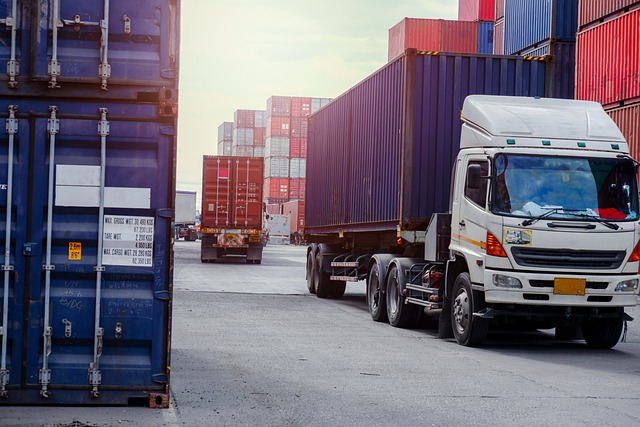Shipping Plastic Pellets from Guangzhou/Shenzhen to Foggia Port, Italy: Full Container Load (FCL) and Less than Container Load (LCL) Options
1. Shipping Methods: FCL and LCL
When shipping plastic pellets, businesses can choose between Full Container Load (FCL) and Less than Container Load (LCL) shipping options.
FCL (Full Container Load): FCL shipping means that the entire container is dedicated to your goods. For plastic pellets, FCL is often preferred for larger shipments, as it is more cost-effective and offers higher security.
- 20FT or 40FT Container: Depending on the volume of plastic pellets, you can opt for either a 20-foot or 40-foot container. A 40-foot container is typically used for larger shipments, while a 20-foot container is ideal for smaller loads.
- CIF (Cost, Insurance, and Freight): With CIF, the seller is responsible for covering the cost of the goods, insurance, and freight charges up to the destination port in Foggia. Once the goods reach the port, the buyer handles the customs clearance and delivery to the final destination.
LCL (Less than Container Load): If you do not have enough goods to fill a full container, LCL shipping allows you to share container space with other shipments. This option is ideal for smaller loads or businesses that need flexibility with the volume of goods being shipped.
- Sea Journey Duration: The shipping time from Guangzhou or Shenzhen to Foggia, Italy, typically takes around 31 days, depending on the shipping route and weather conditions. LCL shipments may take slightly longer as they involve consolidation and deconsolidation of goods at ports.

2. Packaging for Plastic Pellets
Proper packaging is crucial to ensure the safe transport of plastic pellets. These pellets are typically packed in the following ways:
Bulk Bags (Jumbo Bags): One of the most common packaging methods for plastic pellets is bulk bags or jumbo bags, which are large, flexible containers designed to hold large quantities of pellets. These bags are ideal for FCL shipments, as they can easily fill a 20FT or 40FT container.
- Advantages: Bulk bags are cost-effective, easy to handle, and allow for efficient loading and unloading.
- Material: Bulk bags are often made from woven polypropylene (PP) material, which is durable and resistant to moisture and dirt.
Plastic Pallets and Shrink-Wrapping: For smaller shipments or LCL options, plastic pellets can be packed on plastic pallets and shrink-wrapped to ensure stability during transit. The shrink-wrapping helps keep the pellets secure and prevents spillage or contamination.
- Advantages: This method is particularly useful for smaller quantities and allows the pellets to be easily stacked in containers or cargo holds.
- Moisture Protection: Shrink wrapping also provides an extra layer of moisture protection to safeguard against the elements during the sea journey.
Drums or Boxes: For specialized plastic pellets, some manufacturers may choose to pack the goods in drums or boxes, especially if the pellets are of a particular grade or size. While this is less common for bulk shipments, it may be used for smaller quantities or specific customer requirements.
3. Customs and Documentation
When shipping plastic pellets to Italy, it is important to ensure all the necessary customs procedures are followed. With CIF shipping, the seller handles the customs documentation up to Foggia Port, but the buyer is responsible for clearing the goods through Italian customs.
Key documents required include:
- Bill of Lading: A contract between the seller and the shipping company.
- Commercial Invoice: A document that provides the value of the goods being shipped.
- Packing List: A detailed list of the contents of each shipment, including the type and quantity of plastic pellets.
- Customs Declaration: A document filed with customs to facilitate the clearance process.
4. Port Handling and Delivery
Upon arrival at Foggia Port, the goods will be unloaded and processed for customs clearance. Once cleared, the cargo can either be delivered to a warehouse or forwarded to its final destination in Italy.
- FCL: For FCL shipments, the goods are typically delivered directly to the buyer’s warehouse or designated location.
- LCL: LCL shipments require unloading and consolidation at the port, which may take a bit longer, but it is an economical option for smaller shipments.



